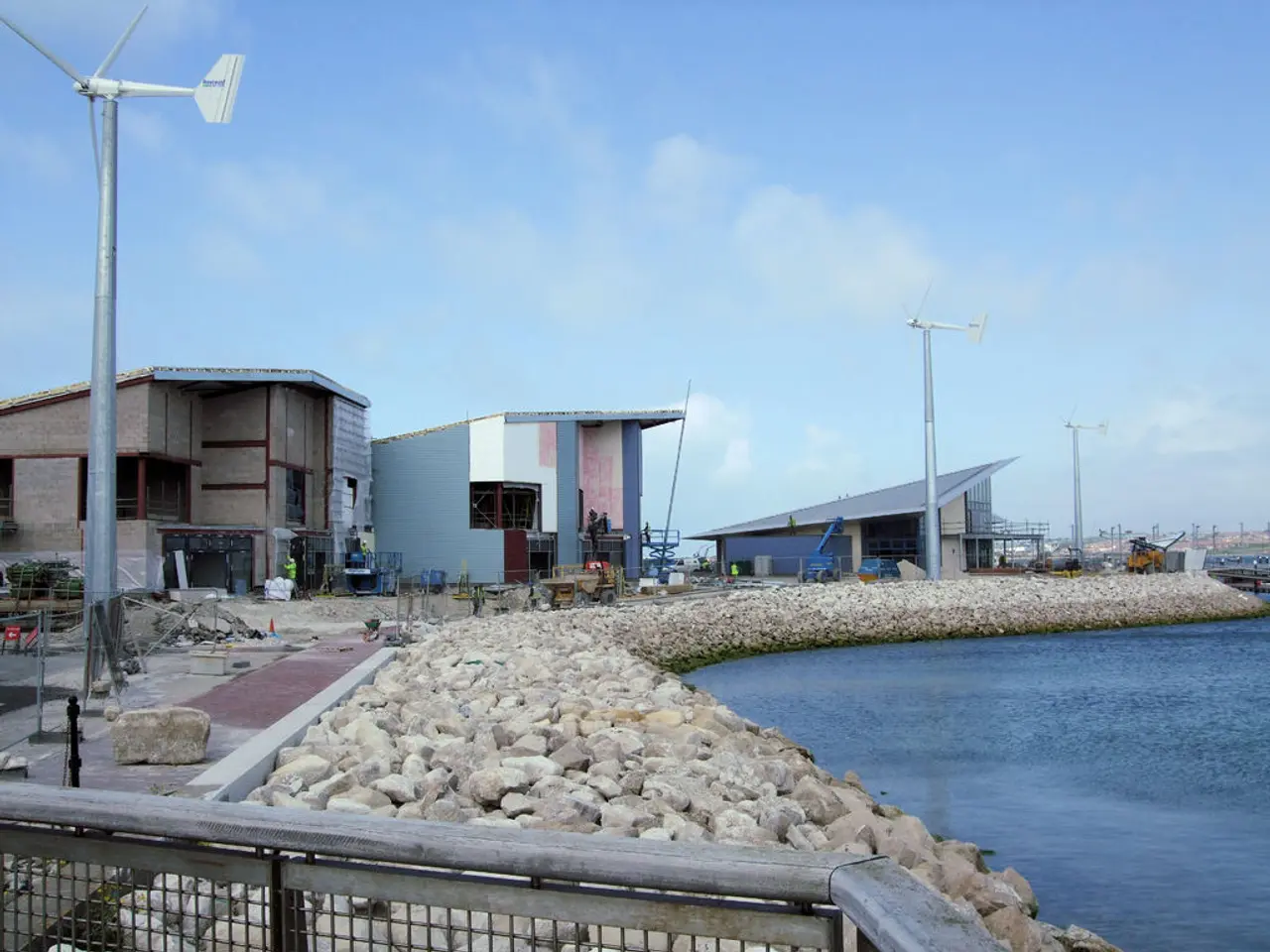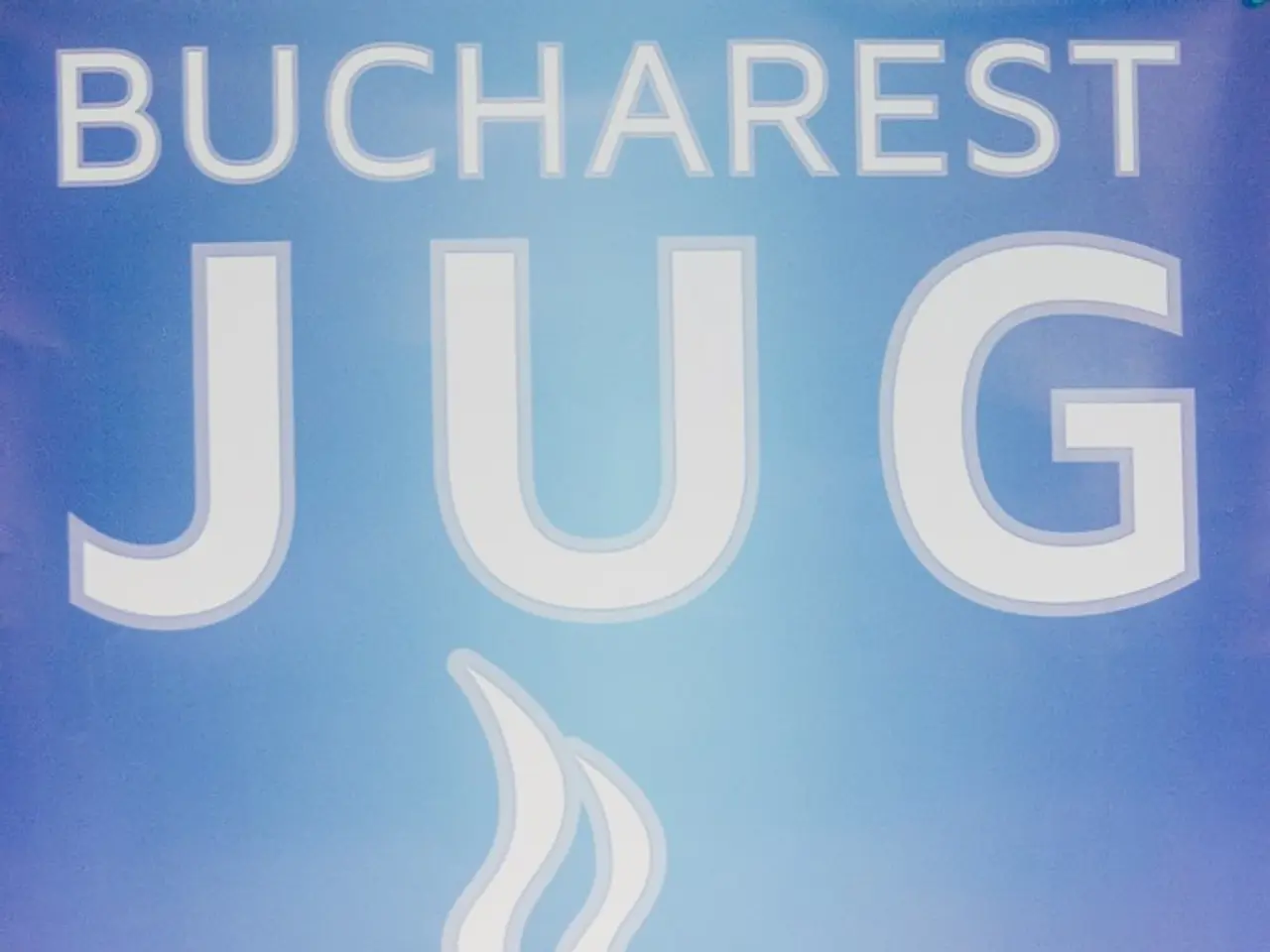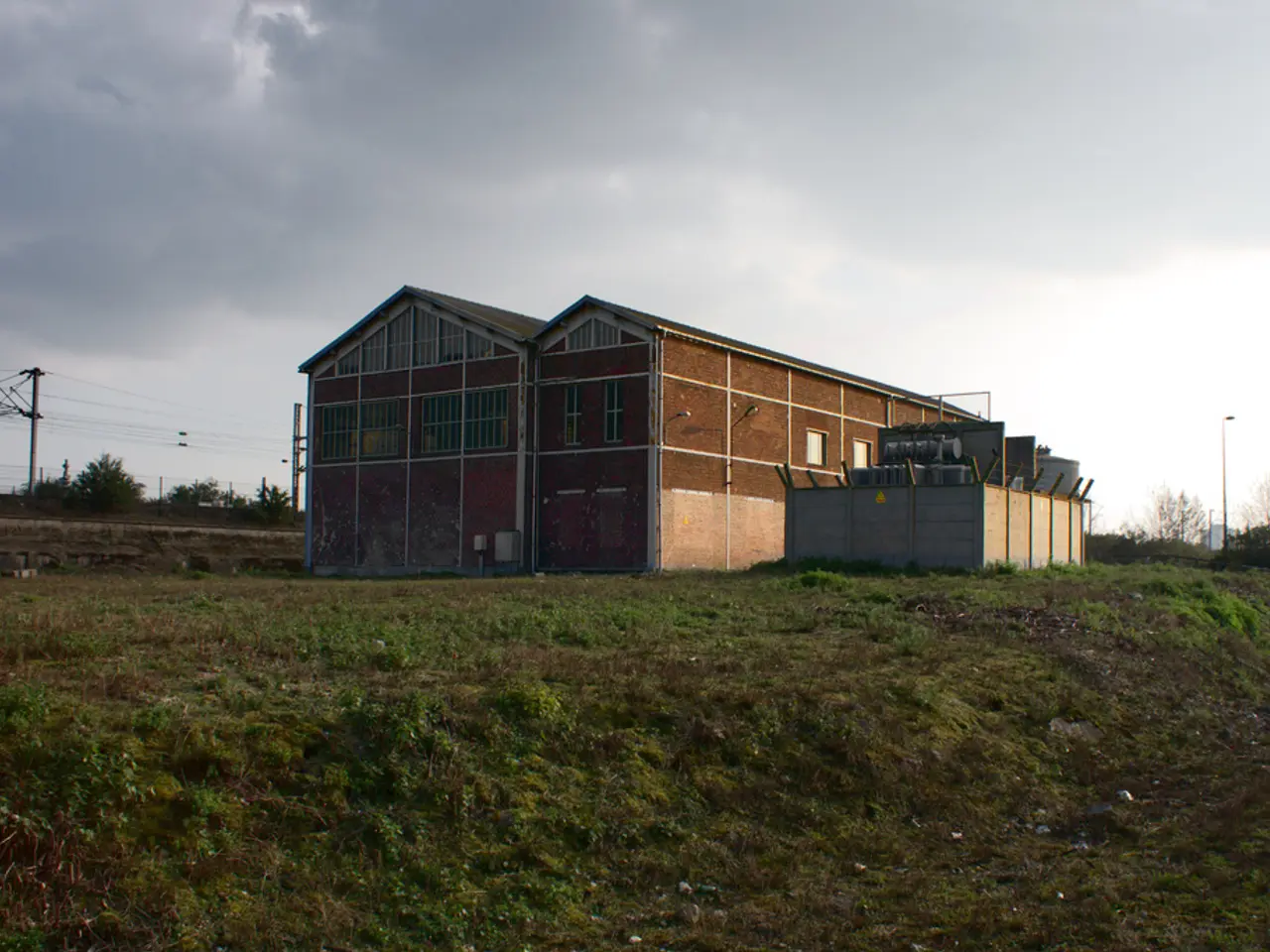Market instability characterized by funding shortages, delayed Initial Public Offerings, and the rapid AI industry growth: Determining today's market fluctuation factors
In the current economic climate, marked by a slowdown in venture capital (VC) and initial public offering (IPO) markets, one sector continues to thrive: Artificial Intelligence (AI).
Despite the overall market uncertainty, AI is attracting concentrated investor interest. This surge can be attributed to AI's transformative potential across industries, making it a critical growth area resilient to current market challenges.
The sluggishness in the VC and IPO markets is primarily due to several factors. The IPO window remains largely closed, making exits difficult for investors and putting pressure on portfolios heavily invested in VC-backed companies. This, coupled with a shift towards more cautious and disciplined investing, has led to a decrease in deal volumes and a heightened scrutiny of deal quality and pricing.
- IPO Window Closure and Exit Scarcity: The first half of 2025 has seen a largely closed IPO window, making exits difficult for investors and thus limiting VC managers' ability to show returns and making fundraising harder.
- Selectivity and Valuation Discipline: After years of easy monetary policy and aggressive investing, there has been a shift towards more cautious and disciplined investing. Investors are scrutinizing deal quality and pricing more carefully, which slows capital deployment and deal volume, especially for first-time founders and lower-quality companies.
- Backlog of IPO-Ready Companies: There is a large backlog of companies waiting to go public, estimated at a looming $3 trillion pipeline, but the market remains paused due to macroeconomic and policy uncertainty.
- Economic and Political Uncertainties: Global political turmoil, trade wars, and policy instability contribute to broader economic uncertainty, discouraging riskier investments such as early-stage VC and IPOs.
In contrast, AI investing continues to grow.
- AI as a Sector of Durable Value and Future Growth: AI dominates investor attention due to its transformative potential across industries. This leads many VC managers to "crowd into the space" to gain exposure and capture future upside.
- Deep Tech Resilience: Even during corrections and bear markets, deep tech segments—including AI—are expected to attract capital because they address significant technological advances and long-term value creation, contrasting with more speculative or overvalued sectors.
- Market Differentiation: Investors are differentiating between AI companies seen as having strong earnings potential and others. Valuations for non-AI companies with weaker fundamentals are under pressure, while AI firms benefit from a "gold rush" mentality that sustains investment even in a slow overall market.
Alan Wink, Managing Director of Capital Markets at EisnerAmper, one of the top 15 accounting firms in the United States, highlights that a true AI company is one that uses AI to automate tasks, process vast amounts of data, or make intelligent decisions based on training models. VCs are looking for AI companies that can scale, have clear customer bases, and solve real-world problems.
This shift towards AI investing is impacting various sectors. For instance, AI is forcing a rethink of value-based pricing models in law, accounting, and other professional services, shifting focus from time to hours to outcomes and insight. Additionally, the cost of micro-GEO satellites has dropped significantly compared to traditional technology, creating a high-return-on-investment opportunity.
However, challenges persist. The broader fundraising environment is extremely tough due to VCs trying to preserve capital because the exit and M&A markets have been slow. Furthermore, one of the biggest challenges for VCs today is the difficulty in returning capital to their limited partners, as funds are struggling to generate returns, leading to a slowdown in new fundraising.
First-time founders generally have a hard time raising capital because VCs and angel investors prefer teams that have done it before, as they have proven themselves. AI is being used to draft legal documents, such as S-1 filings, more quickly than traditional methods, leading to productivity gains.
Private equity firms are facing similar challenges in deal activity due to market uncertainty and a lack of clarity on issues like funding, cost of capital, and economic outlook. AI remains a hot area in the startup world, with many companies focusing on using AI to automate tasks, process vast amounts of data, or make intelligent decisions based on training models.
Sources: [1][2][3][4][5]
- Despite the challenging economic climate and the slowdown in traditional venture capital and initial public offering markets, the demand for investments in artificial intelligence (AI) continues to surge due to its transformative potential across various industries, making it a critical growth area that remains resilient to current market challenges.
- In stark contrast, the overall market uncertainty, along with the closure of the IPO window and pressure on VC-backed companies, has resulted in a shift towards more cautious and disciplined investing, which has led to a slowdown in capital deployment and deal volume, particularly for first-time founders and lower-quality companies, with AI being one of the few sectors that continues to attract concentrated investor interest.




